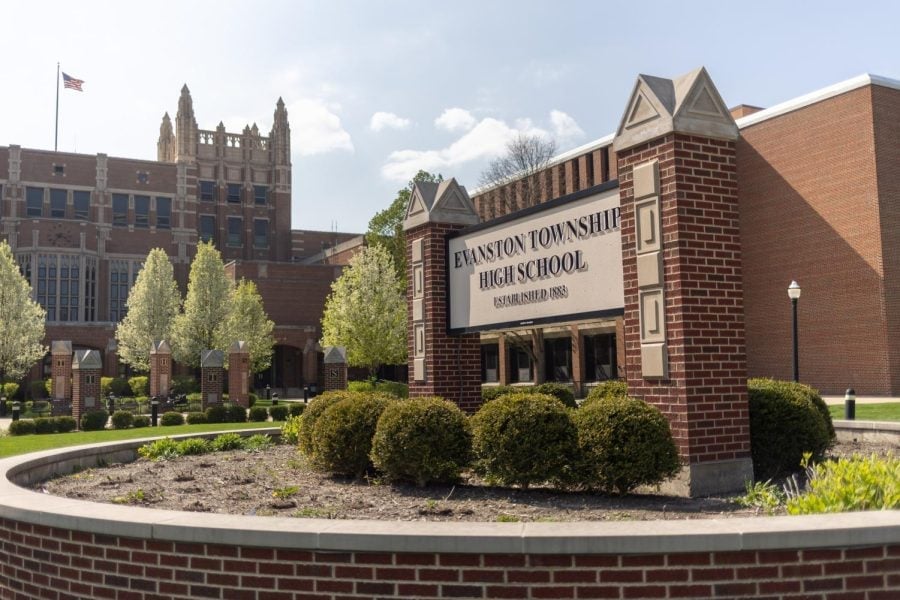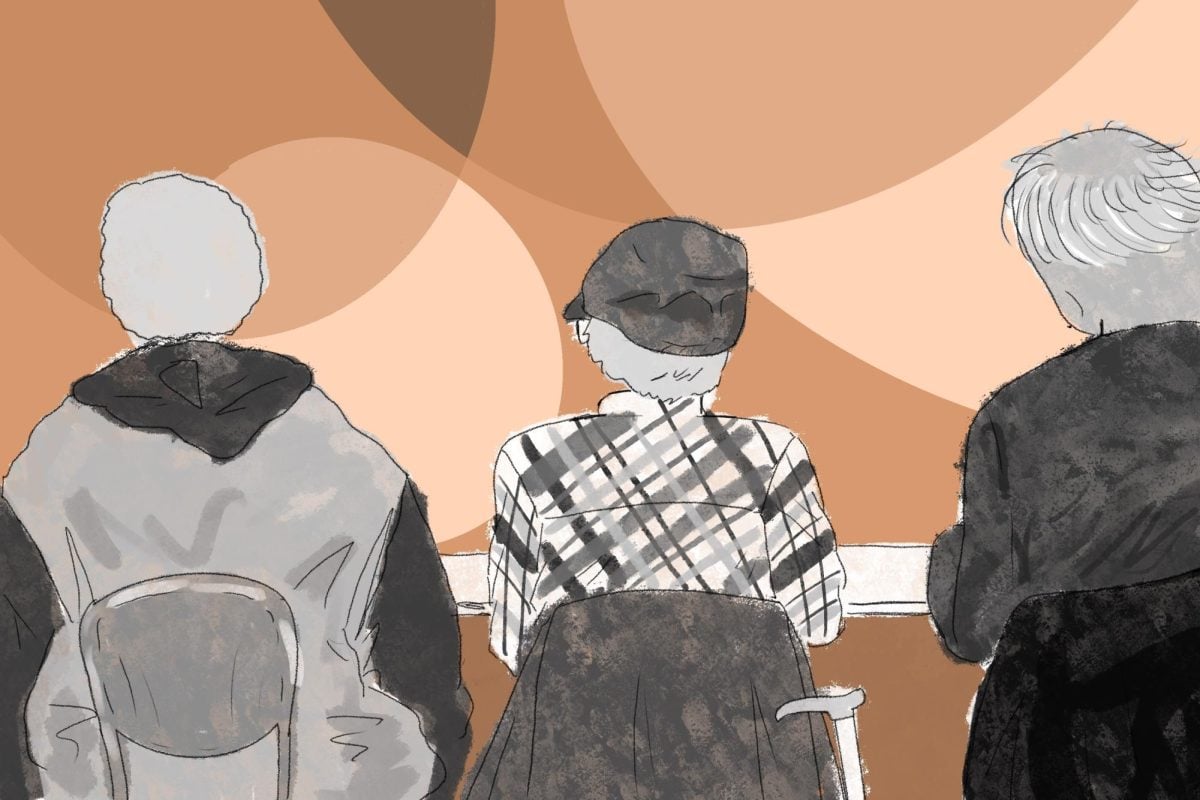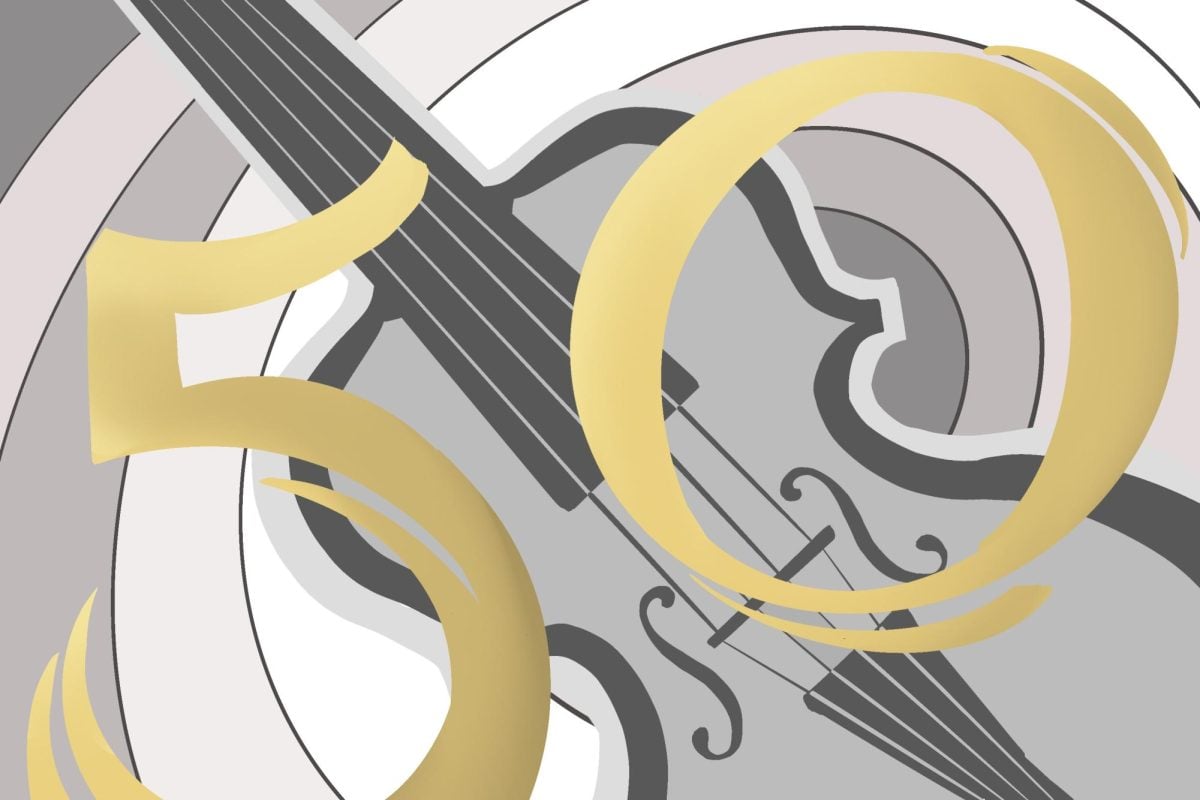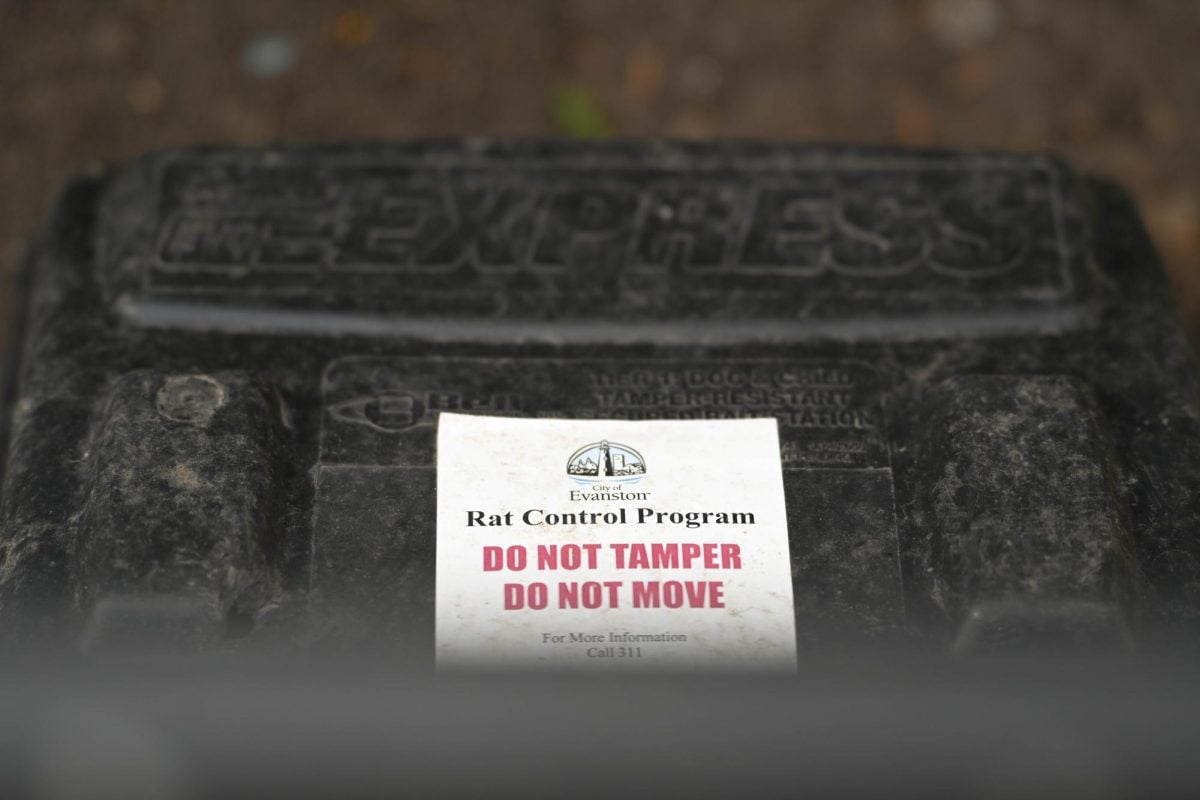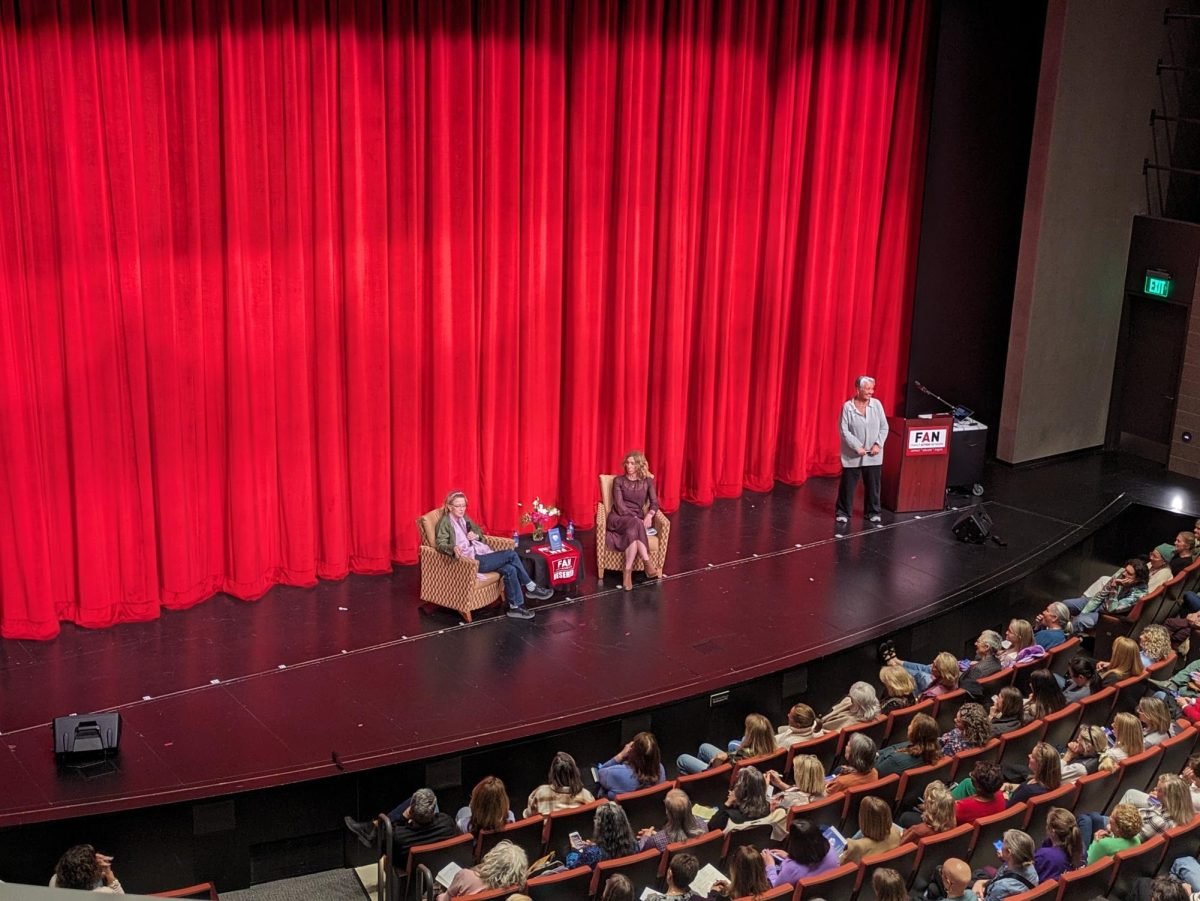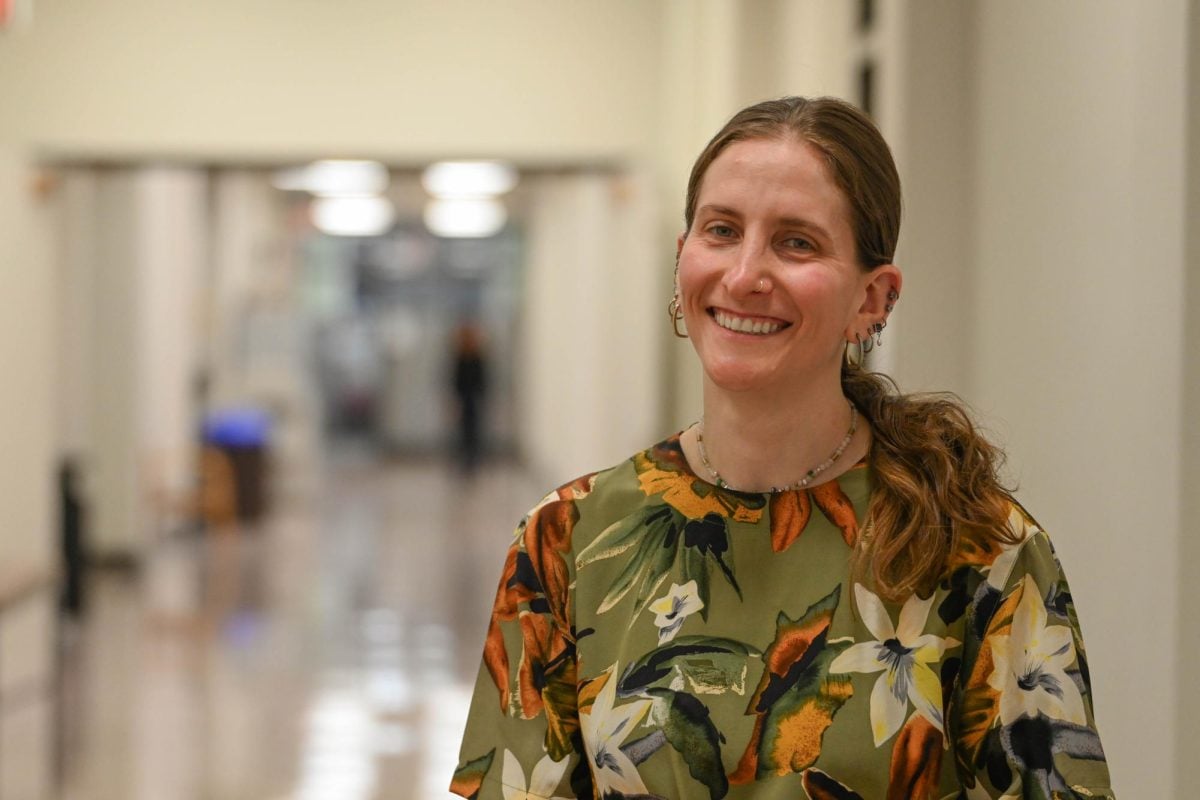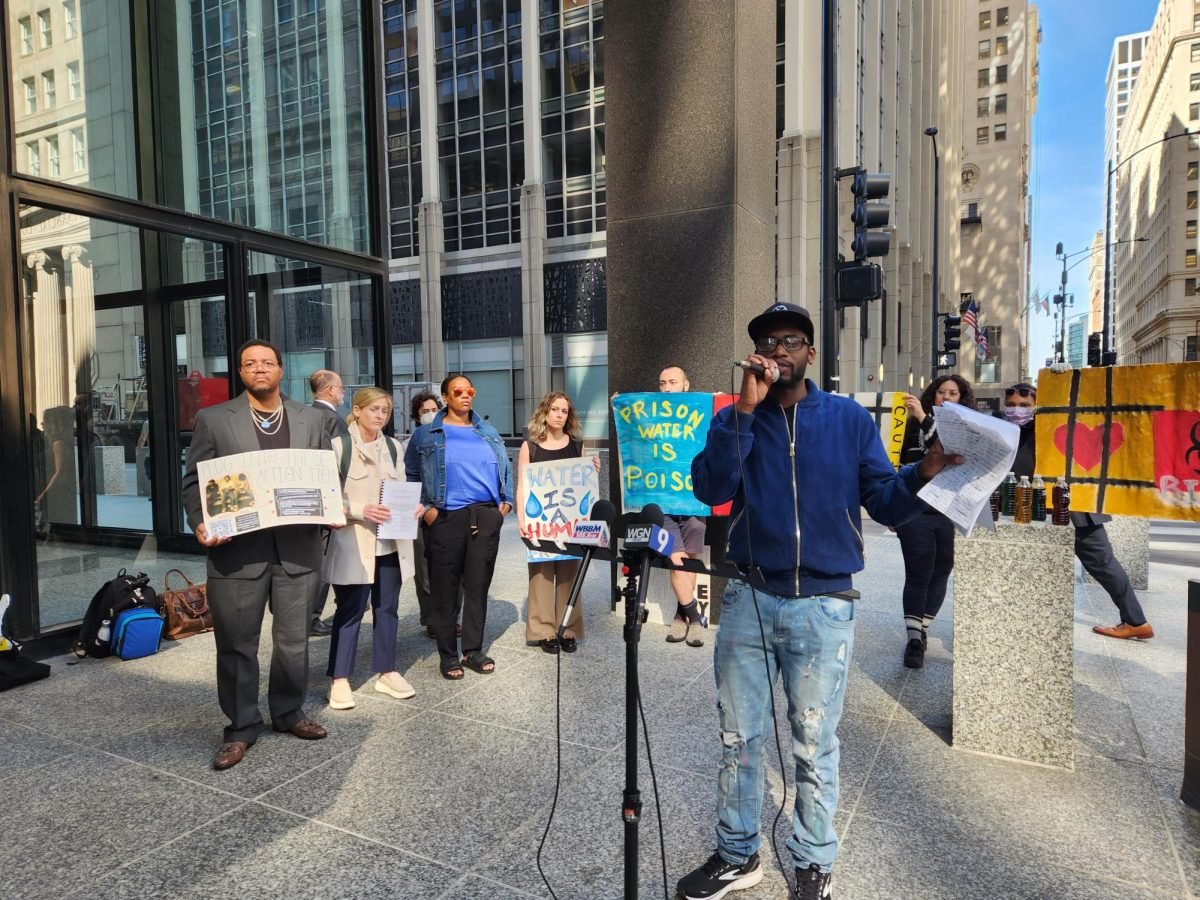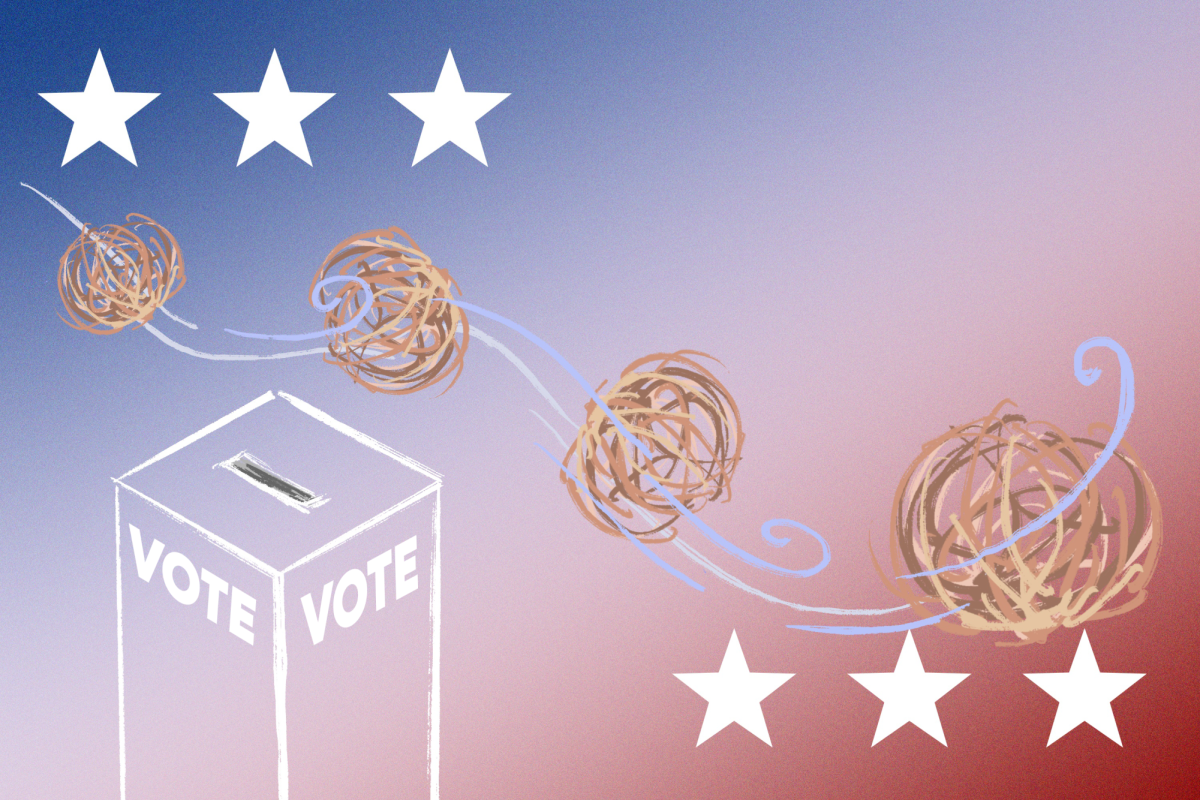Last week’s Illinois primaries demonstrated the growing influence of social media in political campaigns while also serving as a reminder that Web-based grassroots efforts can only go so far.
In the Republican presidential primary, former Massachusetts Gov. Mitt Romney won with 47 percent of the vote. Runner-up former Pennsylvania Sen. Rick Santorum finished with 35 percent.
Shelley Ahlersmeyer, Santorum’s national grassroots coordinator, said the campaign’s ongoing success is due to its heavy reliance on social networking tools.
“Because we lacked financial resources very early on in our Iowa days and into January, we recognized that social media is one of the best ways to be reaching voters and supporters,” she said. “It is the key way for us to build community and help people feel a part of what’s going on with the campaign.”
Ahlersmeyer also credited the tools with facilitating communication among outreach volunteers.
“We rely very heavily on volunteers to do jobs that are normally filled by paid staffers, so one of the ways that we find these people, that we connect with them, that we interface with them is through social networking,” she said.
Evanston resident Simon Ribeiro, who challenged U.S. Rep. Jan Schakowsky (D-Ill.) for the Democratic nomination in the 9th Congressional District, was less successful in his attempt at a grassroots campaign founded on social outreach. Schakowsky defeated Ribeiro with 93 percent of the vote.
Despite his loss, Ribeiro said he still believes in social media. He said he would like to see politicians use it to interact with their constituents even after elections.
“A lot of times, politicians, especially high-profile incumbents, they’re not the ones that are really on the other end, so it’s not real,” Ribeiro said. “That’s why you can never really get a direct answer.”
Northwestern’s Knight News Innovation Lab attempted to capitalize on the increased focus on social media in politics with the February launch of congressionalprimaries.org. The website provides analysis of each Illinois congressional race including comparisons of how the candidates use social media.
“It just adds another perspective to understanding a candidate,” said Michael A. Silver, executive director of the Knight Lab. “If you look at a candidate’s tweets it can help tell you what is important to a candidate.”
Ally Mutnick contributed reporting.

